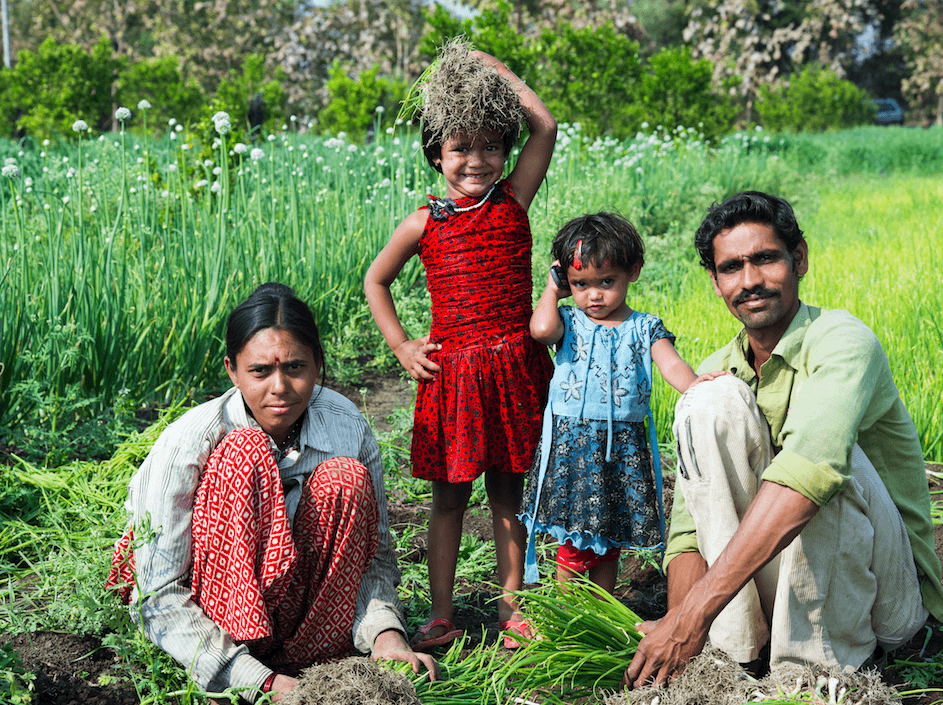
Linking Smallholder Farmer Organizations to Major Regional Markets
Organized retail plays an increasingly important role in the sale of grains, fresh fruits, and vegetables in India. This presents a significant growth opportunity for smallholder farmers (those who own less than one acre of land), who account for the majority of production in India. Local, regional, and global demand for rice and wheat could likewise be a boon to smallholder farmers in India. To take advantage of these opportunities, however, farmers must change how they market their produce.
To address this challenge, ACDI/VOCA implemented the Partnership for Innovation and Knowledge in Agriculture (PIKA) project in India through a $243,616 subgrant from World Vision’s USAID-funded Area Development Programs (ADPs). The PIKA Alliance combined the comparative advantages and networks of ACDI/VOCA, the natural resource management group Action for Food Production (AFPRO), the financial institution Oriental Bank of Commerce, and the research organization Rice-Wheat Consortium.
Under the project, ACDI/VOCA developed market linkage opportunities for 3,000 farmers using its signature value chain approach and the ICT application FreshConnect, which disseminated weather and price information. Value chain analyses were conducted for mango, which was targeted as a high-value horticulture crop, as well as rice and wheat. New or value-added microenterprise options were then identified to increase income for farmers, including soil testing and preparation of vermi-compost and vermi-wash. Almost 1,600 farmers were trained on enterprise development for soil testing and vermi-compost/vermi-wash as well as topics such as harvesting, post-harvest management, storage, and business plan development.
Through the marketing component, PIKA helped develop two MOUs between retail firms and farmer organizations. For example, an MOU was established with Export India, so that PIKA farmers could establish a website to manage their business on a long-term basis. This gave them more selling options for their produce so that they could obtain a better price. A buyer-farmers meet was also conducted for about 70 farmers belonging to a farmers’ self-help group to facilitate sale of their produce.
PIKA also conducted six stakeholders’ workshops and training for a total of 451 PIKA volunteers on a variety of topics like soil testing, pesticides, and enterprise promotion.





